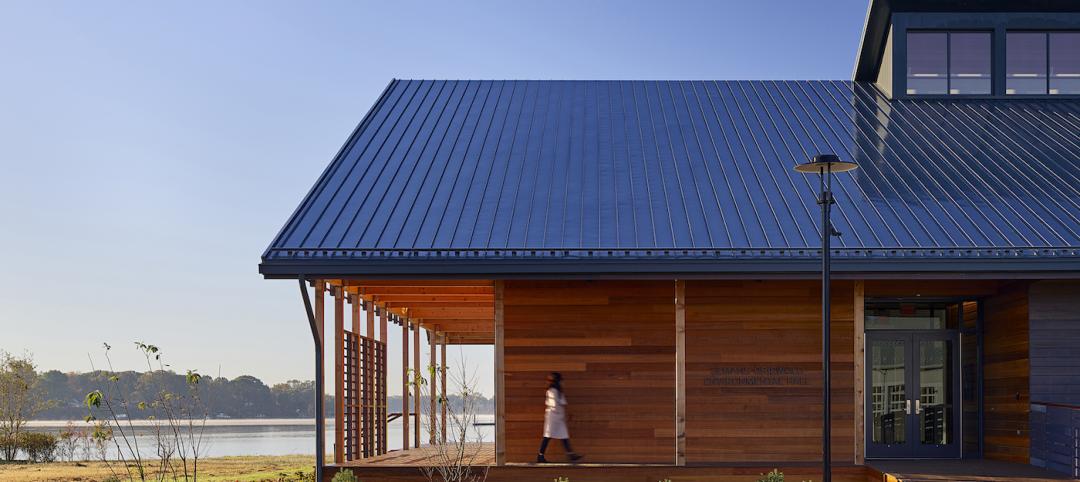A U.S. Dept. of Energy document discusses the benefits and challenges of thermal energy storage for commercial buildings.
The document explains how the various types of thermal energy storage technologies work, where their installation is most beneficial, and some practical considerations around installations. Among the benefits are:
- Can integrate with on-site renewable energy
- Can function as a buffer for variable energy generation
- Allows for optimal use of renewable energy
- Adds resiliency for temperature control and occupant comfort
- Allows for integration with other distributed energy resources
Technologies currently available include:
- Ice storage with central chiller
- Ice storage in rooftop unit (RTU)
- Chilled or hot water storage
- Ceramic brick heating storage system
- Phase change storage for commercial refrigeration systems
- PCM ceiling panels/passive storage
- Heat pump water heater (HPWH)
The document also discusses tax incentives for implementation of this technology.
Related Stories
Office Buildings | Nov 9, 2020
HWKN unveils Bushwick Generator office campus
The building will become a new hub for innovative companies in Brooklyn.
Building Team Awards | Nov 2, 2020
It's back to the future for this contractor
Poettker Construction’s new headquarters in rural Breese, Ill., is recognized with a Bronze Award in BD+C’s 2020 Building Team Awards.
Smart Buildings | Oct 26, 2020
World’s first smart building assessment and rating program released
The SPIRE Smart Building Program will help building owners and operators make better investment decisions, improve tenant satisfaction, and increase asset value.
Office Buildings | Oct 14, 2020
Chicago’s Bank of America Tower completes, opens
Goettsch Partners designed the project.
Office Buildings | Oct 9, 2020
One of the few Class A office buildings in New York’s East Harlem should start construction early next year
Big floor plates will accommodate tenant customization.
Office Buildings | Oct 8, 2020
New Florida office property is designed for a post-Covid-19 world
Chesterfield is developing the project.
Office Buildings | Sep 15, 2020
REI sells new, unused HQ to Facebook
Site developer Wright Runstad & Company and Shorenstein Properties also purchased an undeveloped 2-acre portion of the property.
Office Buildings | Sep 4, 2020
The office building of the future should be an essential part of its community
When the dust settles, the office is going to look and feel like a different place than the one we left in March.
Giants 400 | Aug 28, 2020
2020 Giants 400 Report: Ranking the nation's largest architecture, engineering, and construction firms
The 2020 Giants 400 Report features more than 130 rankings across 25 building sectors and specialty categories.
Coronavirus | Aug 25, 2020
Video: 5 building sectors to watch amid COVID-19
RCLCO's Brad Hunter reveals the winners and non-winners of the U.S. real estate market during the coronavirus pandemic.
















